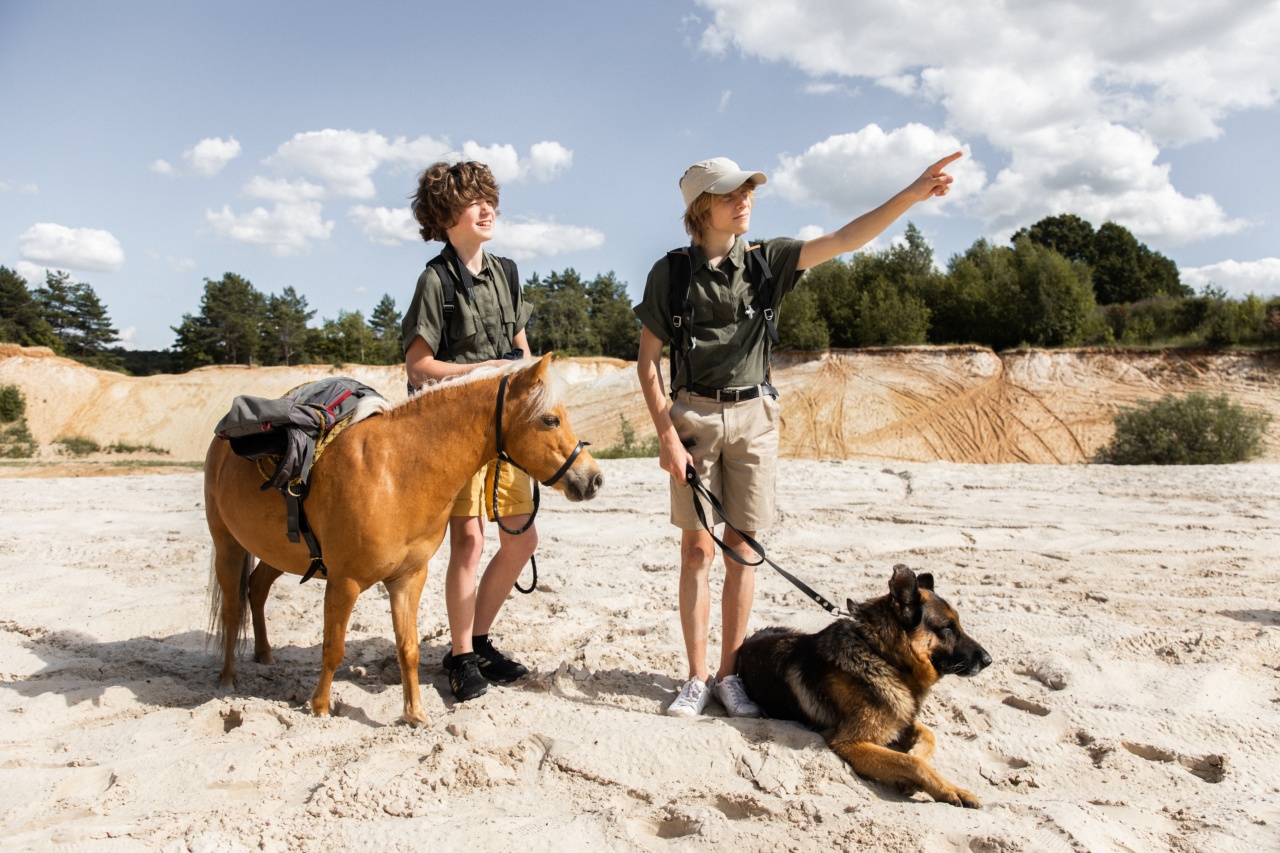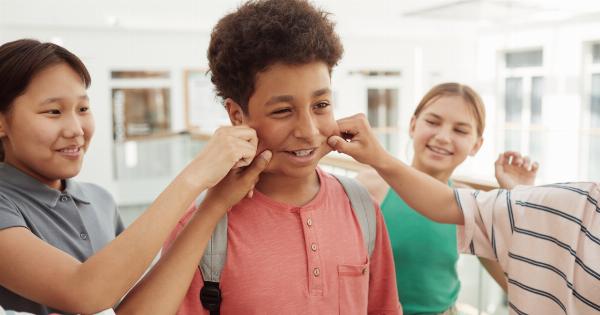Adolescence is that stage in life where young people are curious and adventurous. They want to explore and experience different things, including sex. Teenagers today are more sexually active into their teenage years than ever before.
The teenage years are a crucial period in which they can create their identity, discover their values, and make choices about their goals. However, they are more likely to engage in sexual activities if their habits are not monitored or corrected.
Habit 1: Lack of Boundaries
Teenagers who have not been taught the importance of boundaries and self-respect are more likely to engage in sexual activities. They do not know how to say “no” to situations that put them in a compromising position or show them disrespect.
By setting clear boundaries, teenagers can protect themselves and others from situations that while inappropriate can lead to unsafe and regretful sex.
Habit 2: Social Media Addiction
Social media platforms have become the new haven for teenagers to connect with their peers and explore their sexuality. They are exposed to images and videos that glorify sexual activities and facilitate easy access to pornography.
Constant exposure to such media can make them think that sex is a norm, and make them more likely to engage in sexual activities, even at a young age.
Habit 3: Lack of Parental Guidance
Teenagers need guidance and support from their parents or guardians. Parents should ensure that they provide a supportive environment for their teenagers. When teenagers feel loved and supported, they are less likely to make regrettable choices.
When parents are absent, teenagers may seek out validation and love from other sources that may expose them to dangerous and unsavory situations.
Habit 4: Binge Drinking
Binge drinking and alcohol abuse are common among teenagers. Alcohol impairs judgment and makes it more likely for teenagers to engage in risky behaviors, including sexual activities.
Parents should set clear expectations and consequences for underage drinking to protect their teenagers from getting into such situations.
Habit 5: Lack of Sex Education
Many teenagers lack adequate sex education, and this can put them at risk. For example, a teenager who is unaware of the risk of sexually transmitted infections (STIs) may not take necessary precautions to protect themselves during sex.
Therefore, parent, teachers, or responsible adults should provide targeted sex education to help teenagers learn about sex and the risks associated with it, including the use of contraceptives.
Habit 6: Early Exposure to Pornography
Research has shown that early exposure to pornography can lead to sexualization and desensitization to violence and aggression.
Teenagers who are exposed to pornographic content may become more curious about sex and may try to experiment with what they see. This can lead to a distorted view of sex and unhealthy sexual practices that can be critical to teenagers’ mental and emotional health.
Habit 7: Use of Drugs
The use of drugs can also contribute to increasing the risk of sexual activities among teenagers. Drugs can lower inhibitions, making them more willing to engage in sexual behaviors.
This can lead to unwanted sexual experiences, STDs, or unwanted pregnancies.
Habit 8: Peer Pressure
Peer pressure is a significant factor that can influence teenagers to engage in sexual activities. Teenagers are often influenced by their peers and want to fit in. They may engage in sexual activities to feel accepted or to keep up with their friends.
Teenagers need to be taught to stand up for what they believe in and not give in to peer pressure.
Habit 9: Lack of Self-Esteem
Teenagers with low self-esteem may feel inadequate or unimportant, and sex can be a way to seek validation or feel accepted by others. They may use sex to fill an emotional void or to feel loved and valued.
To address this issue, teenagers must be taught how to build self-confidence and self-respect.
Habit 10: Lack of Emotional Connection
Lastly, teenagers may get into sexual activities when they lack emotional connection or have unresolved emotional issues. Sex can be used as a distraction from emotional problems, or teenagers may seek out physical pleasure for a temporary escape.
This habit can result in emotional stress and can prevent teenagers from forming fulfilling relationships.






























